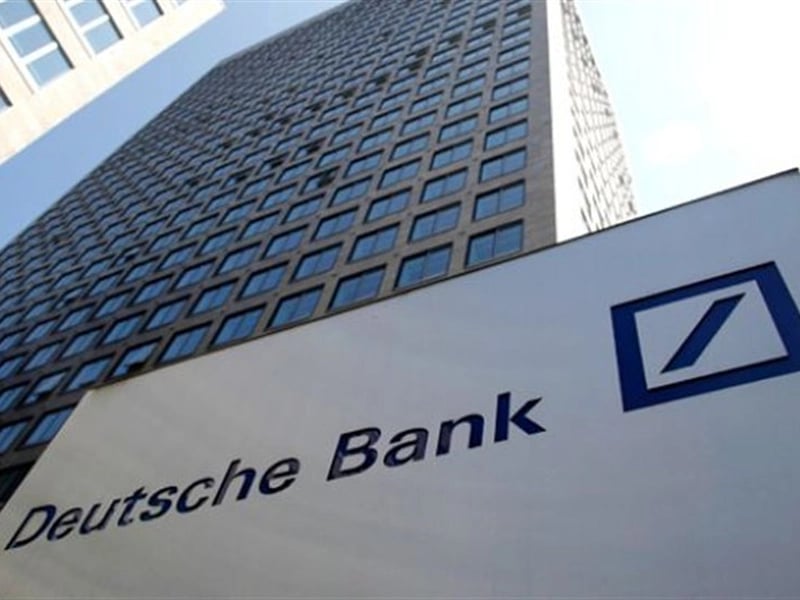Deutsche Bank Climbs Back Into Europe’s Top Index
Deutsche Bank is set to return to the Euro Stoxx 50 after a seven-year absence, the culmination of a turnaround that has seen its stock price more than double in the past 12 months. The move is a sure sign of renewed confidence in Europe’s banking sector, which for years has been weighed down by low interest rates, heavy regulation, and thin margins.
The lender’s promotion to the blue-chip index comes alongside expectations that European equities could gain about 6% by year-end.
The reshuffle comes at the expense of some of Europe’s most recognizable corporates, which have been squeezed by US trade policies and slowing demand. Carmaker Stellantis has been rocked hardest. Its share price has plunged 46% this year.
Pernod Ricard, the drinks maker burdened by extra duties on premium spirits, has seen its stock fall 24%. Nokia has also struggled, down 7%, as its US operations grapple with higher import costs and intensifying competition in the 5G infrastructure space.
Alongside Deutsche Bank, Siemens Energy and Argenx will join the Euro Stoxx 50, replacing the tariff-exposed firms.
What Does This Mean for Me?
The change signals a wider shift in investor sentiment, away from exporters reliant on fragile trade flows and toward companies perceived as more resilient in today’s climate of higher borrowing costs, softer global demand, and lingering policy uncertainty.
As the euro trades near $1.09 against the dollar and the European Central Bank holds rates at 4%, Europe’s financial stocks are emerging as relative winners, offering stability in a turbulent market.

More News

Market Roundup: What Happened Yesterday and What Awaits Us Today (February 20)

Market Roundup: What Happened Yesterday and What Awaits Us Today (February 19)

Market Roundup: What Happened Yesterday and What Awaits Us Today (February 19)

Market Roundup: What Happened Yesterday and What Awaits Us Today (February 18)

Market Summary: What Happened Yesterday and What Awaits Us Today (February 16)

Market Summary: What Happened Yesterday and What Awaits Us Today (February 13):

Market Summary: What Happened Yesterday and What Awaits Us Today (February 12)
